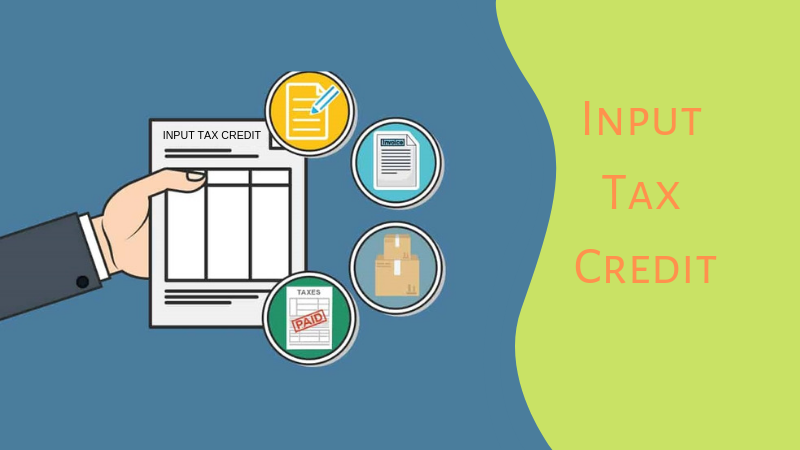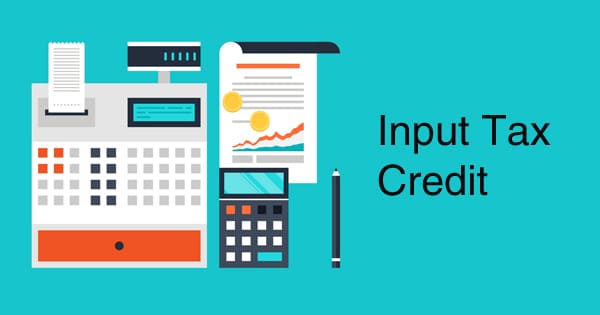Goods and Services Tax (‘GST’) was introduced back in 2017 with an objective of free flow of input tax credit (‘ITC’). But the irony is the legislative provisions drafted under GST says otherwise. Prior to January 2022, a registered person was eligible to avail the ITC on the invoices not reflecting in GSTR-2A/2B to the extent of 5% of invoices reflected in GSTR-2A/2B. Recently, the Government withdrew the 5% relaxation by amending Rule 36(4) of the Central Goods and Services Tax Rules, 2017 (‘CGST Rules’) with the introduction of a new condition on availment of ITC under Section 16(2)(aa) of the Central Goods and Services Tax Act, 2017 (‘CGST Act’) and consequential amendment in Rule 36(4) of the Central Goods and Services Tax Rules, 2017 (‘CGST Rules’)
Now, a registered person cannot avail ITC if the details of invoices / debit notes have not been furnished by the supplier in GSTR-1 and the recipient has not been communicated of such details in GSTR-2B. These amendments are effective from January 1, 2022. Thus from the new year, ITC claims will be allowed only if it appears in GSTR-2B. So, the taxpayers can no longer claim 5% provisional ITC under the Rule 36(4) and need to ensure that every ITC value claimed is reflected in GSTR-2B.
Changes after this Notification
Since, the object of the amending statute is to affect the vested right / impose new burdens, it is substantive in nature and must be applied prospectively only. Unless there are words in the statute sufficient to show the intention of the Legislature to affect existing rights, it is “deemed to be prospective only” and shall not be applicable to the event occurred prior to the amendment.1
Section 16(1) of the CGST Act entitles a registered person to take ITC on supply of goods or services which are used or intended to be used in the course or furtherance of business. Section 16(2) of the CGST Act prescribes few conditions which the registered person must fulfill, else the ITC shall not be allowed. It is trite in law that when the cause of action occurs, the law prevalent at that time shall apply. Therefore, if the goods or services have been supplied to the recipient prior to January 2022, Section 16(2)(aa) shall not apply as it was not in existence at that time.
Also, in the absence of any prescribed manner of taking ITC under GST regime and relying upon the judgements2 of erstwhile regime, one can say that the date of recording ITC in books of accounts is the event of taking ITC. The amended provision shall not apply on such invoices if ITC has been recorded in books prior to January 2022, even if the return is filed post January 2022. It is important to see how GST portal respond to such transitional situation. There have been instances in the past where portal applied rules as per its own whims and fancy without considering legal position as per GST law.
Can the amendment be challenged?
Post January 2022, the intent of the law is that no ITC shall be allowed on invoices that are not uploaded by the supplier in return and resultantly not coming in GST-2A/2B. Can this provision still be challenged before the courts’ Can the relief be granted in bona fide cases’ Maybe!
The GST Law entrusts sufficient power to the Revenue to recover the pending tax dues from the supplier. Although, similar powers have been entrusted to recover tax from the recipient as well in cases where ITC has been wrongfully availed. Still to everyone’s relief, Madras High Court in the case of D.Y Beathel Enterprises, 2021-VIL-308-MAD held that due to non-payment of tax by seller, recovery shall be first made from the seller. This decision can be squarely applied to situations where the seller does not report invoices / debit notes in GSTR-1, consequently understating the amount of outward taxable supplies and the relief can be granted.
This is not the first time that we are witnessing such restrictions in law. Conditions like matching of details submitted by selling and purchasing dealers, payment of tax to the Government used to be the part of VAT Laws. In the case of Mahalaxmi Cotton Ginning, 2012-VIL-37-BOM there was a mis-match in input tax claimed and no tax was deposited to the Government and the Bombay High Court denied such credit by upholding that the grant of a set off is in the nature of a concession. Such concession is open to the legislature to restrict or curtail the extent of the entitlement.
However, in the case of Tarapore & Company, 2019-VIL-629-JHR (having similar factual matrix), Jharkhand High Court held that the credit should be allowed, since the purchaser acted absolutely in bona fide manner. Hence, on the grounds of equity benefit was granted.
Having contrary judgements on the same aspect, it would be interesting to see how the Courts interpret the condition as under Section 16(2)(aa) of the CGST Act.
Conclusion
Post-January 2022, taxpayers can take ITC only to the extent of details which are reflected in GSTR-2B. All taxpayers must follow up regularly with the suppliers to report their invoices in GSTR-1. Also, one can explore to have restrictive payment condition clause in their purchase agreement to ensure timely reporting of invoices by the sellers. In scenarios, where say seller does not report the details in GSTR-1 and the said ITC is about to become time-barred, one may opt to claim the same.
***
Don’t miss the next tax Update / Article / Judicial pronouncement
Subscribe to our newsletter for FREE to stay updated on GST Law
Resolve your GST queries from national level experts on GST free of cost.
Mr. Sathya Narayan a Practicing Tax Professional with experience of 15+ years in corporates. He is the founder of Tax Pro Solutions a start-up firm incorporated in Chennai. He can be reached at taxpro335@gmail.com



